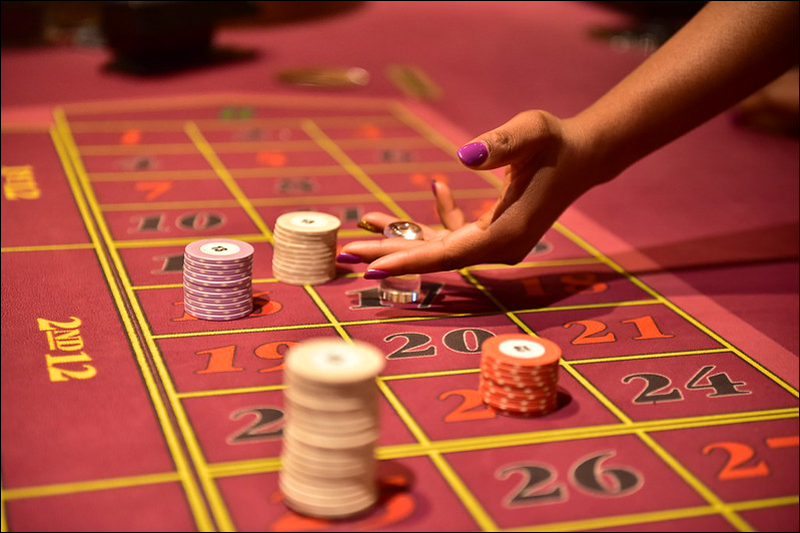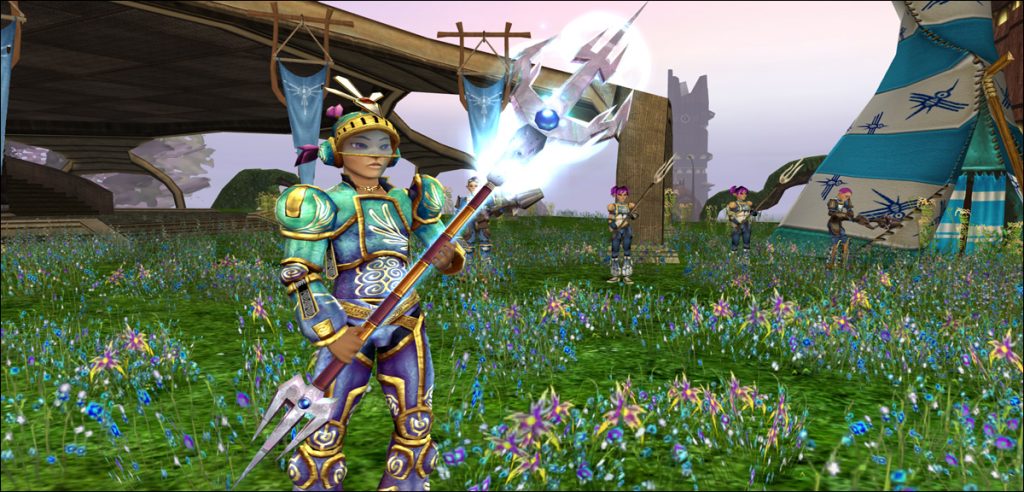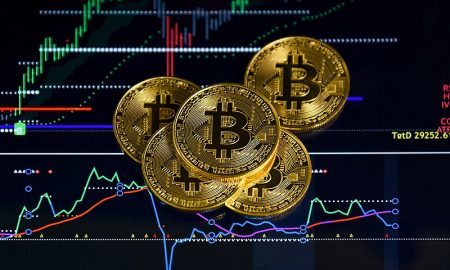Online gaming is all the rage, and there is money to be made there too. Nigel Pereira finds out how cryptocurrency plays into the online gaming landscape
In the aftermath of the global Covid-19 pandemic, gaming has emerged as one of the most popular online activities. However, making money while gaming has always been more complex than it appears to the layperson.
This isn’t to say that there aren’t professional gamers who make loads of money gaming for a living, but the average person doesn’t associate playing Candy Crush with a steady source of income.
In fact, most people who play games on their phones spend money to either clear a level, level up faster, or make other in-game purchases called microtransactions and more than $90 billion was spent on microtransactions in games in 2021.
Money Games
Now, that $90 billion is mostly a one-way street and it is not that often that players have a way to win their money back. That could all change with games now integrating blockchain technology to make it possible for players to earn in-game tokens that are actually tradeable in the real world.
The play-to-earn concept isn’t new in any way and everyone who has played Diablo or World of Warcraft or any other MMORPG worth mentioning would know that platforms to sell game stuff for real money already exist. Michael Pachter, a video game analyst with Wedbush Securities was quoted stating “the games industry has long created digital assets and sold them inside games.”
It’s actually a simple case of supply and demand and if you have a game that’s overly popular with a high number of players and you introduce items that are considered rare or scarce there are a number of players willing to pay a premium for that honor.
For example, it was about a year ago that a rifle skin in the popular first-person shooter game CS:GO sold for $61,000 at auction. Similarly, in 2012, a weapon for the popular MMORPG Diablo III sold for about $8,000 on Blizzard’s online auction. The point is that if enough people are willing to play a game, there are going to be a lot of people willing to pay to win (P2W).
Crypto Gaming Vs Traditional P2W

So, what’s the difference? The difference here is the blockchain that lends actual monetary value to whatever kind of crypto token or NFT you earn in-game. Unlike the examples above where you need another player of the same game to buy your item at an auction, cryptocurrency can be converted to cash instantly. Thus, while only a World of Warcraft (WoW) player would buy an in-game item like a sword or armor from WoW, NFTs and cryptocurrency have a much larger market. Additionally, NFTs might enable something gamers have been dreaming of for years, in-game items that can be used across games
That’s right, while the concept is still in its early stages, there are talks about the cross-platform capabilities of NFTs that would allow you to take your items and use them in another game.
For example, you have super rare items in WoW that have taken years to collect, in the future, you may be able to take them with you and use them in a new game. Another advantage crypto has over traditional gaming is that if the game gets outdated or unpopular or everyone quits to start playing a new game, you don’t lose all the time and money you’ve poured into it.
Gamers Vs. Gamblers

Now, there are two distinct aspects of gaming and two distinct sets of people that prescribe to them. There’s one set that looks at games pretty much like a broker would look at a stock market, and one set that looks at games like a kid in a candy store.
While a lot of people would argue that the former are not really gamers and just gamblers who have drifted in from online betting platforms and games like Online Poker, Rummy, or Dream11, you can’t really separate one from the other. Money, trading, and even betting are a big part of the gaming experience, MMORPGs included.
The problem, however, is that not everyone wants games to become a stock market which is evident from the recent market meltdown that caused Ethereum, a popular cryptocurrency used in games like Axle Infinity, to lose about a third of its value. While this was due to a group of North Korean hackers who stole approximately $620 million worth of crypto by hacking Axle Infinity, the damage has been done.
Steam, a popular market for in-game items, has banned all games with NFTs or cryptocurrencies. Similarly, Ubisoft received a lot of backlash including 40,0000 dislikes for integrating NFTs into its new Ghost Recon game.
In conclusion, there are always going to be people who play for fun and people who don’t have fun unless real money is involved. With the current situation where the cryptocurrency market has turned on its head and everyone is weary of losing more money, it’s probably going to be a while before the average gamer can line his pockets with BitCoin while also slaying monsters in a forgotten realm.
In case you missed:
- Netflix replaces its game developers with AI
- NVIDIA just dropped “ACE” at CES 2025: Truly intelligent NPCs coming soon!
- Will Pi Coin Be the Next Bitcoin? A quick Reality Check!
- These AI powered devices add smells to virtual worlds
- PVC Meta Coins: The Next Big Thing in Crypto?
- Omnidirectional VR treadmills, go anywhere without going anywhere!
- Introducing Nvidia’s L4 GPU profiles in the cloud
- In the realm of Shadow, Zombie, and Rogue APIs
- Neuralink Blindsight and Gennaris Bionic eye, the future of ophthalmology?
- X’s Trend Genius: Social Media Psychic or Just Another Algorithm?










2 Comments
I do believe, that you will be incorrectly recognized.
Let’s explore it.
Absolutely with you it agree. It is good idea. It is ready to support you.